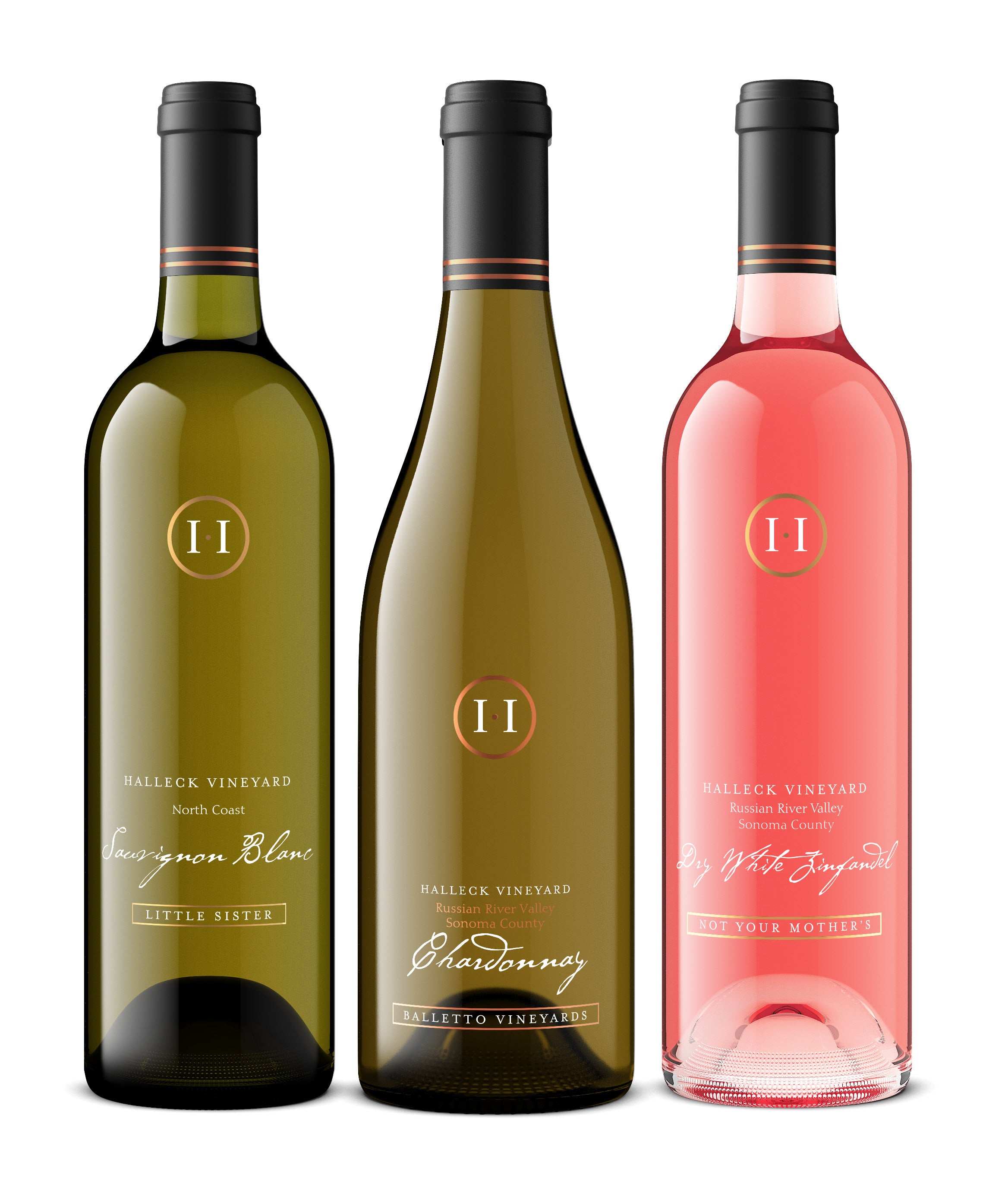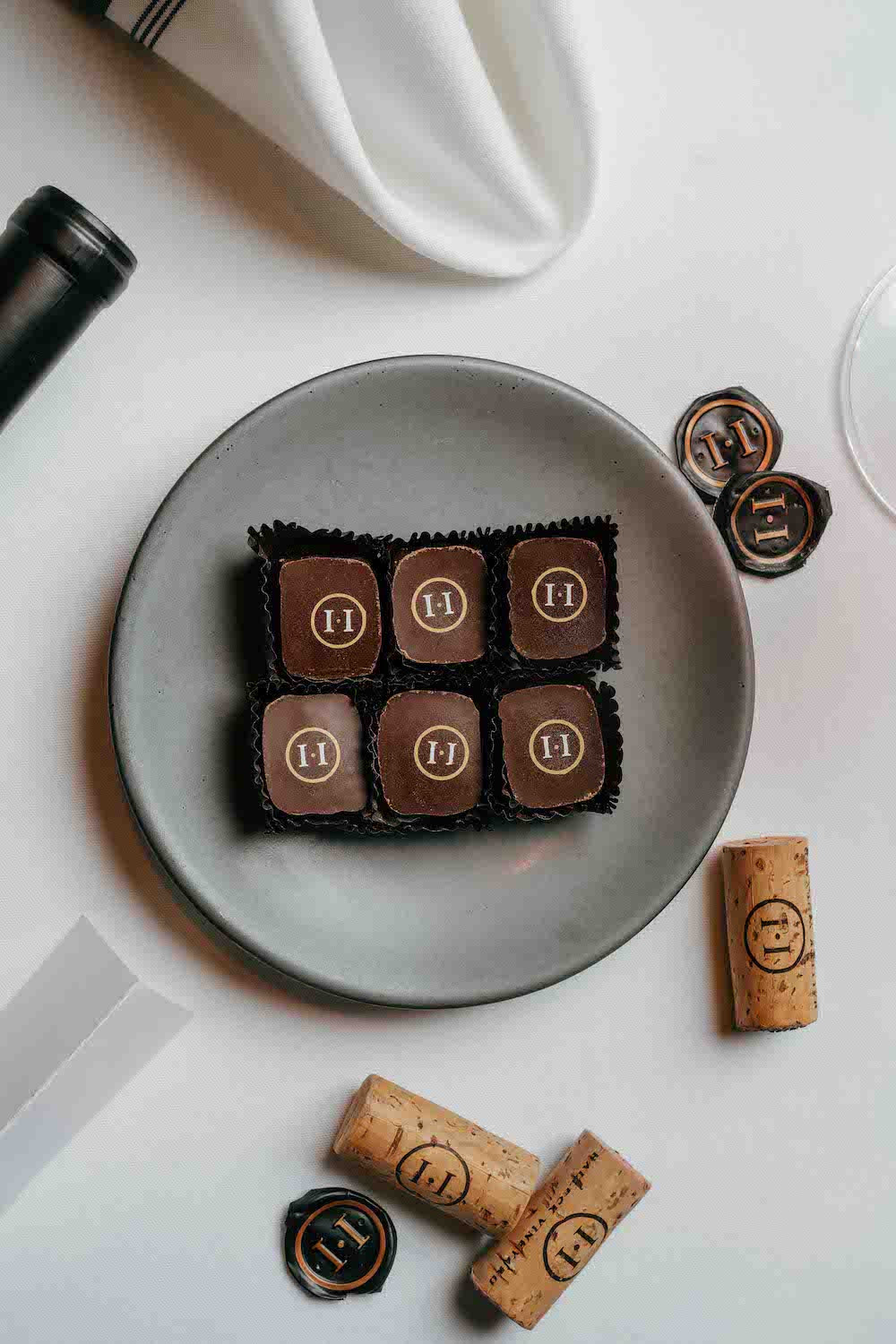Wineries Offering Off The Beaten Path Experiences - Enjoying A Vineyard In Sonoma
Wineries Offering Off The Beaten Path Experiences - Enjoying A Vineyard In Sonoma
Blog Article
Wine Tasting Tours In Russian River Valley - Top Sonoma Wineries To Visit
Wine tasting is usually considered an art type, one that goes beyond merely enjoying a beverage. It embraces a complex interplay of flavors, aromas, and textures that requires dedicated practice to really master. Many who enterprise into the world of wine tasting quickly realize that it includes far more than just sipping wine. Enhancing sensory skills through dedicated winery wine tasting can elevate the experience, remodeling a casual consuming occasion into a sophisticated exploration of the senses.
At a fundamental degree, wine tasting engages the senses of sight, scent, taste, contact, and even sound. Each element performs an important function in appreciating the nuances of a wine. When one first pours a glass of wine, the rich hues can present initial insights into its age and varietal. Observing the color and readability helps type expectations in regards to the wine's flavor profile. Many don’t fully recognize how this visual evaluation can set the stage for what is to observe.
The subsequent step is to have interaction the sense of smell. Swirling the glass aerates the wine, allowing its unstable compounds to escape and fill the air with its bouquet. The nose entails some fascinating layers—different aromas can sign varied aspects of the winemaking process, together with the type of grapes used, fermentation methods, and getting older conditions. Developing a keen sense of scent could be a game-changer in wine tasting.
Rustic Family-Owned Wineries In Sebastopol - Sebastopol Vineyard Experiences
To improve this sensory skill, wine enthusiasts are sometimes inspired to take part in dedicated tastings at wineries. These tastings allow individuals to focus solely on the sensory experience (Family Friendly Wineries With Outdoor Spaces). Tasting classes led by educated sommeliers or winemakers can supply insights into figuring out distinct aromas. Learning to distinguish between floral, fruity, earthy, and spicy notes can empower a taster to articulate their experience with larger precision.
As one practices their sensory talents, they could uncover that their style preferences evolve. This transformation usually happens after a quantity of tastings. A wine that originally seemed overwhelming would possibly reveal hidden layers of complexity with a little bit of experience. Understanding tips on how to isolate individual flavors such as acidity, sweetness, bitterness, and umami contributes considerably to the general wine experience.
Another important component in improving sensory skills is the context in which wine is tasted. Environmental components like temperature, lighting, and even the company current can influence perceptions. At a winery, an optimum setting can scale back distractions and allow a more profound exploration of the wine (Wineries With Live Music Events Occasionally). Training mindful tasting techniques encourages a more immersive experience, permitting tasters to hone in on their senses.
It isn't solely about particular person perception, although. Participating with others during a tasting can even enhance sensory skills. Sharing notes and discussing impressions fosters a deeper understanding of the wine. This collaborative method encourages individuals to articulate their sensory experiences, thereby broadening their linguistic repertoire associated to wine tasting.
Unique Wine Blending Experiences In Sonoma - Scenic Wineries Of Sebastopol
Additionally, pairing wine with food can considerably enhance the tasting experience. Completely Different combinations can deliver out unique flavors in both the wine and the dish. As one tastes a wine alongside explicit meals, they can start to acknowledge how sure components within the wine complement or contrast with what they're consuming. This skill of pairing is another layer that enriches sensory growth.
Coaching one’s palate can involve a wide selection of exercises. Some enthusiasts engage in systematic tasting experiences, sampling a spread of wines that showcase totally different varietals, regions, or vintages. Exploring this range can sharpen the power to discern nuances throughout completely different wine profiles. Over time, this practice builds a mental library of flavors that can be accessed throughout future tastings.
Notably, written notes serve a dual function: organizing one’s thoughts and reinforcing memory. By writing down observations about every wine, tasters can monitor their progress over time. Detailing the characteristics of wines assists in solidifying knowledge, in the end deepening one’s appreciation of what they eat.
Furthermore, attending workshops or classes centered on sensory evaluation can additionally be beneficial. Many wineries supply these educational applications to help people refine their skills. Often, skilled instructors guide participants by way of structured tastings, focusing on particular elements of the wine. This stage of education reinforces the sensory skills asynchronously and challenges tasters to consider their experiences from different angles.
Innovative Wine-Making Techniques In Sonoma Valley - Top-Rated Wineries In Sebastopol
Over time, the commitment to enhancing sensory skills through devoted winery wine tasting can yield important rewards. The enjoyment derived from wine becomes layered and multifaceted. No longer limited to a simple preference for "pink" or "white," tasters begin to understand the stories behind every pour. They cultivate a palette able to navigating the complex landscape of flavors with confidence.
In conclusion, the journey of enhancing sensory skills through dedicated winery wine tasting is as rewarding as it is gratifying. It requires focus, dedication, and a willingness to be taught, however the outcomes far exceed the preliminary effort. By partaking a quantity of senses and collaborating in thoughtful discussions, individuals not only become more adept at figuring out flavors but additionally develop a deeper appreciation for the craftsmanship behind every bottle. The course of transforms wine from a mere beverage right into a rich tapestry of sensory exploration that beckons enthusiasts to delve deeper. As skills enhance, so too does the enjoyment, enriching life experiences one sip at a time.
Wine Tasting Trails In Sonoma Valley - Sebastopol's Vibrant Wine Scene
- Participating the palate by way of diverse wine varieties enhances the power to differentiate flavors and aromas, refining total sensory perception.
- Participating in guided tastings promotes targeted consideration on refined characteristics of each wine, nurturing crucial tasting skills.
- Learning to determine particular grape varieties fosters a deeper understanding of terroir, which aids in recognizing regional flavor profiles.
- Incorporating food pairings throughout tastings can heighten sensory consciousness, as different tastes can influence each other and alter perceptions.
- Training the art of swirling and nosing wines allows people to attach olfactory cues with style, enhancing the flexibility to articulate sensory experiences.
- Attending workshops that emphasize blind tastings trains members to rely purely on their senses somewhat than preconceived notions, enhancing objectivity.
- Elevating sensory skills can lead to higher wine choice abilities, empowering individuals to make informed choices based on personal preferences.
- Engaging with knowledgeable sommeliers offers insights into wine-making processes, which deepens sensory appreciation and enhances vocabulary for describing wines.
- Regular participation in tastings encourages memory development of flavors and aromas, aiding in the formation of a personalized sensory profile over time.
- Sharing tasting experiences with peers fosters discussion, selling communal studying that may improve particular person sensory skills via collaboration.undefinedWhat is the purpose of enhancing sensory skills via wine tasting?

Enhancing sensory skills through wine tasting allows individuals to enhance their capability to identify and respect the various aromas, flavors, and textures of wine. This heightened sensory awareness can result in a deeper understanding of wine and an overall enriched tasting experience.
Beautiful Picnic Areas At Sonoma Wineries - Top Wineries To Visit In Sebastopol
How can I develop my sensory skills at a winery?
You can develop your sensory skills at a winery by taking part in guided tasting classes that focus on particular varietals. Interact with educated employees who can present insights and Visit This Link encourage you to take notes on your impressions, enhancing both your observational and descriptive talents.
What should I expect during a dedicated wine tasting experience?
Wine Tasting Tours In Russian River Valley - Enjoying Wine Tastings And Vineyards Near Sebastopol
Throughout a devoted wine tasting experience, count on to sample a selection of wines while receiving targeted schooling about every one. You Will study in regards to the winemaking course of, tasting techniques, and tips on how to discern different sensory characteristics, all in a relaxed environment.

Is prior knowledge of wine needed to learn from a sensory skills workshop?
- Charming Wineries With Views In Sonoma Valley
No prior information of wine is critical; the workshops are designed for all levels of experience. Novices will find useful data to build from, whereas seasoned tasters can refine their skills and broaden their palate even further.
How do sensory skills impression my overall wine appreciation?
Historical Wineries To Visit In Sonoma - Sebastopol Wine Tours And Vineyards
Enhancing sensory skills significantly enhances your total wine appreciation by allowing you to identify subtleties and complexities in wines. This deeper understanding enriches your tasting experience and helps you make knowledgeable choices based on personal preferences.
Are there particular techniques I should use whereas tasting wine to enhance my sensory skills?
Wineries Focusing On Single Vineyard Wines - Discovering Sebastopol's Wineries
Sure, using techniques such because the "SWOT" technique (Sight, Swirl, Odor, Sip, Savor) could be useful. Pay attention to the wine's appearance, aromatics, and mouthfeel, and take your time with each sip to fully discover the flavors and sensations.
What kind of wines are usually included in sensory skills tastings?
Sometimes, sensory skills tastings include quite lots of wines that showcase different areas, varietals, and styles. This variety helps participants establish distinct traits and enhances their ability to distinguish between wines.
Can sensory skills workshops be personalized to my tasting interests?
Eco-Friendly Wineries In Sonoma County - Sonoma Vineyards Worth Visiting
Many wineries offer personalized options for sensory skills workshops, allowing you to give attention to specific types of wines or themes that curiosity you, corresponding to this organic wines or distinctive regional choices. It Is greatest to inquire immediately with the winery for tailored experiences.
Is there a method to practice sensory skills after leaving the winery?
Yes, you can practice your sensory skills at home by tasting different wines and keeping a tasting journal. Experimenting with varied food pairings and aromatics can additional improve your understanding of how flavors interact, reinforcing the skills gained at the winery. Report this page